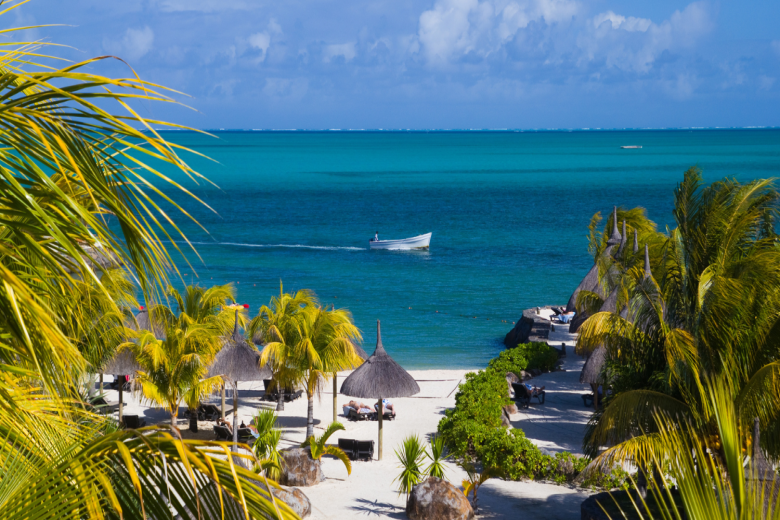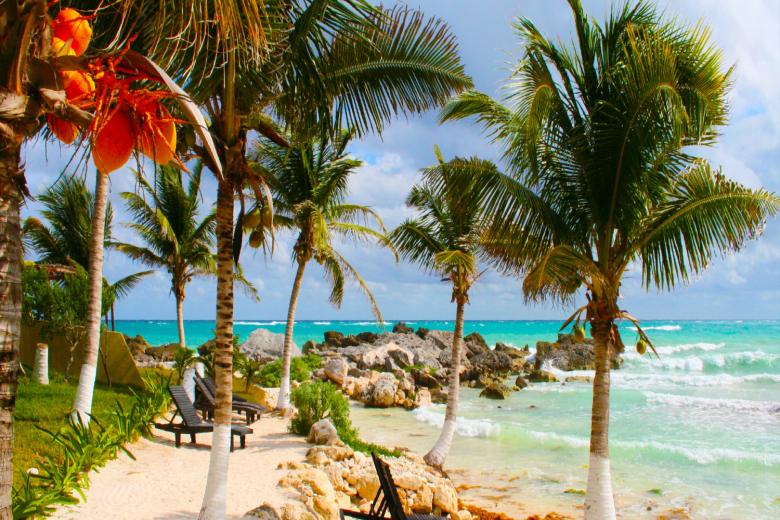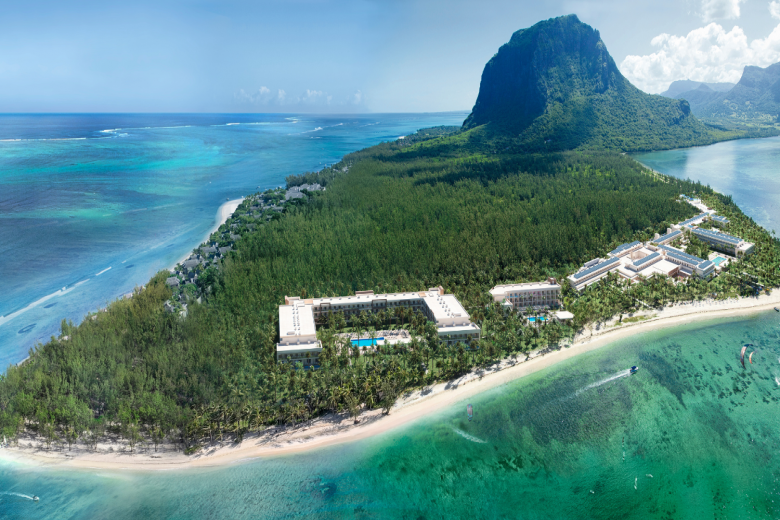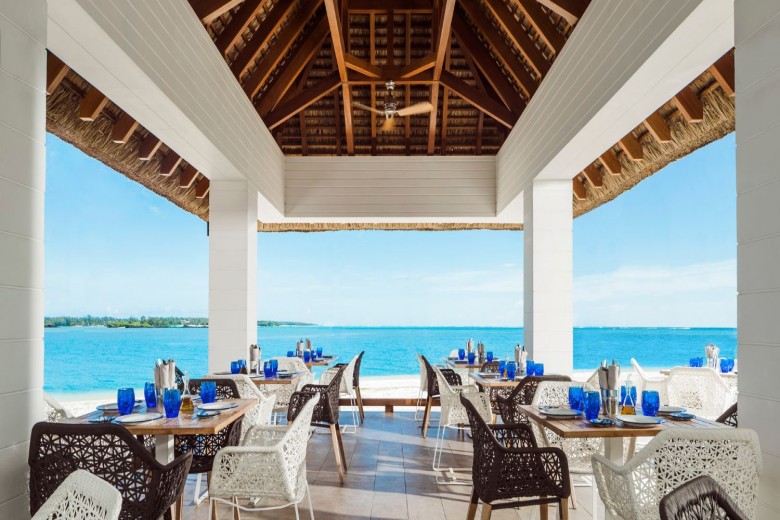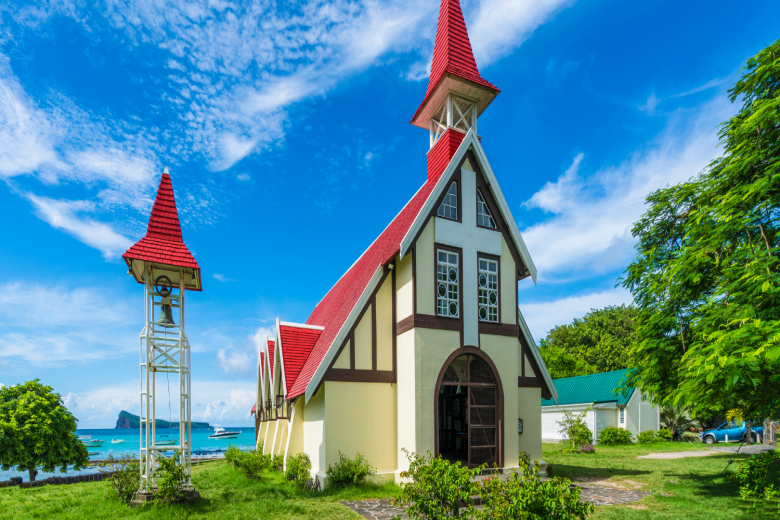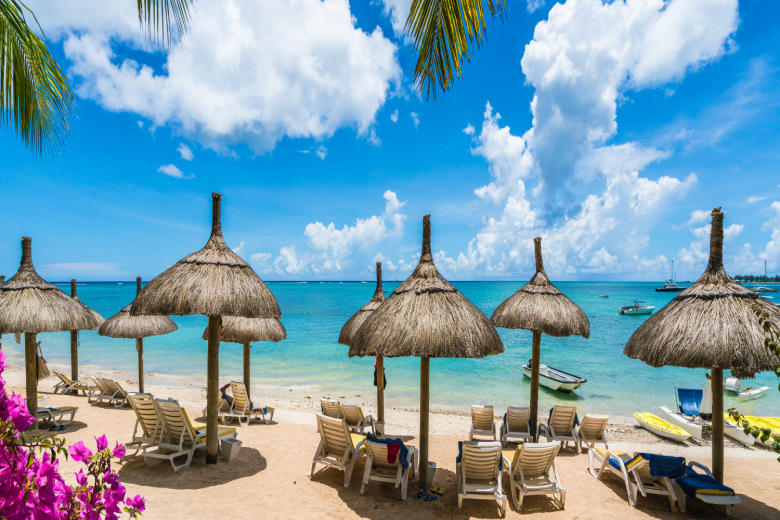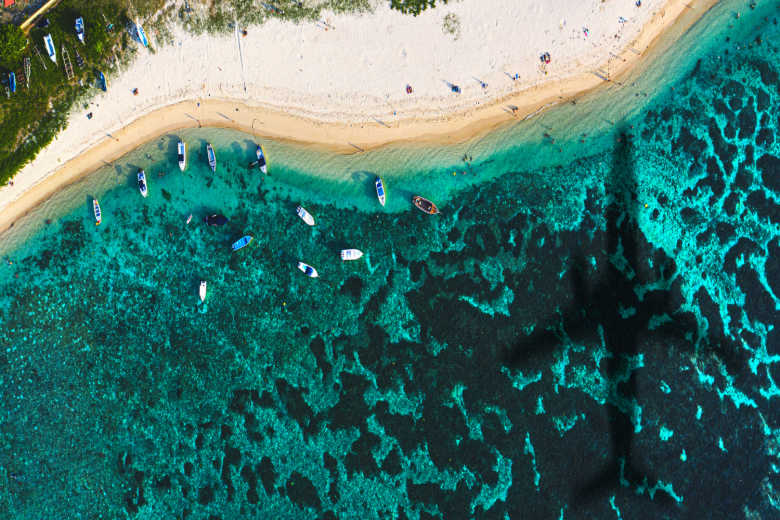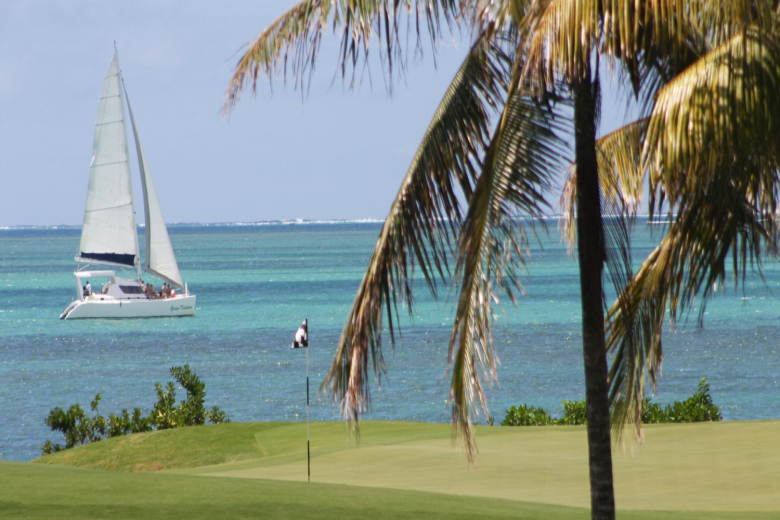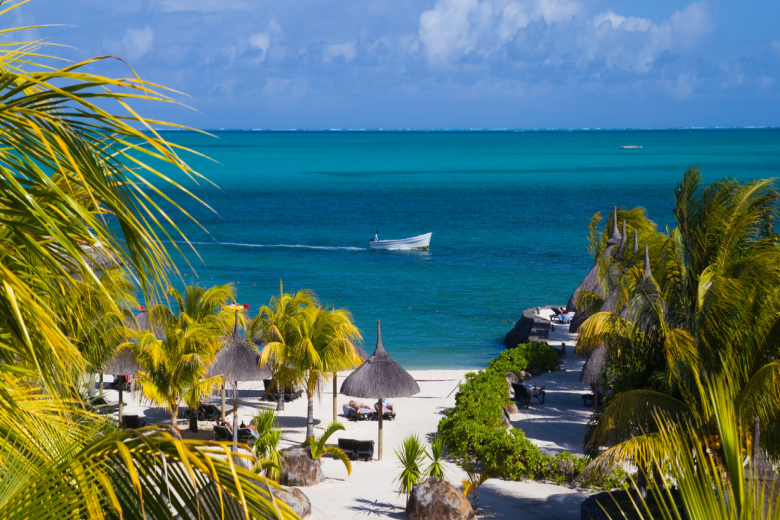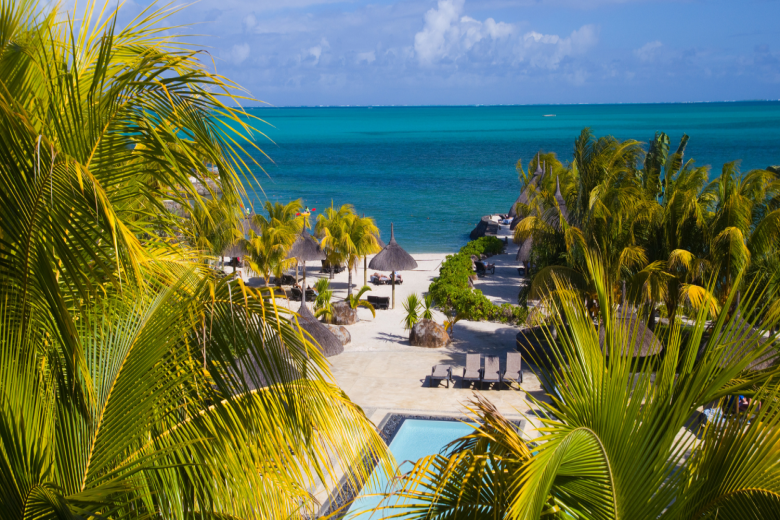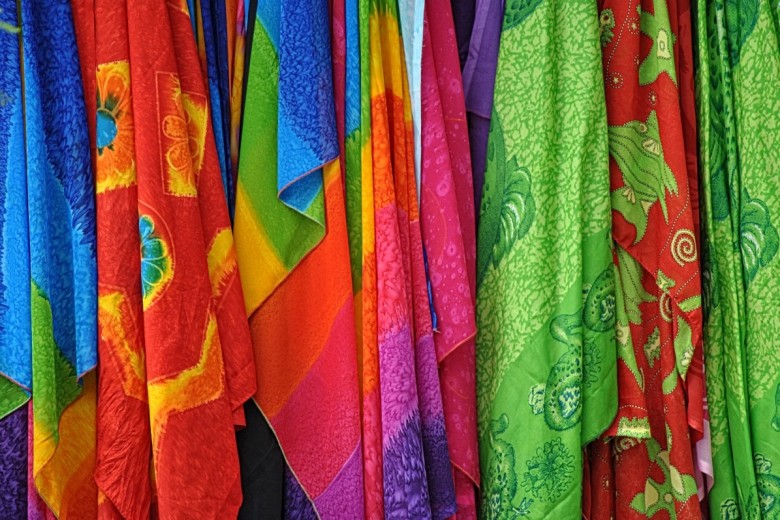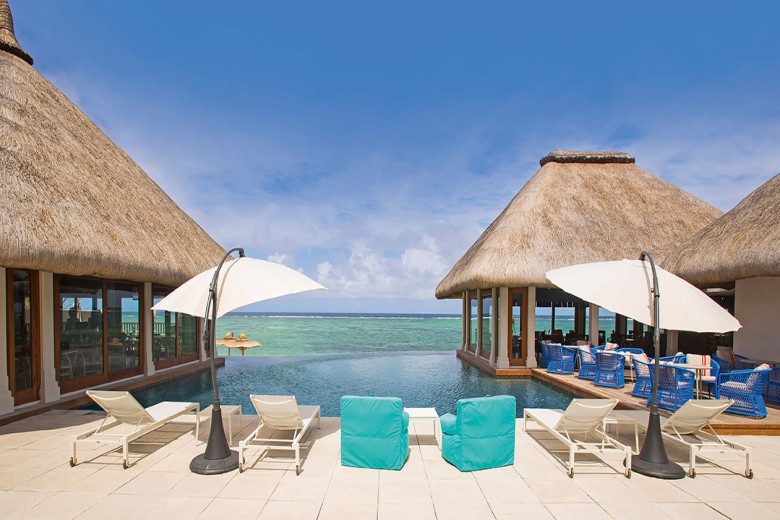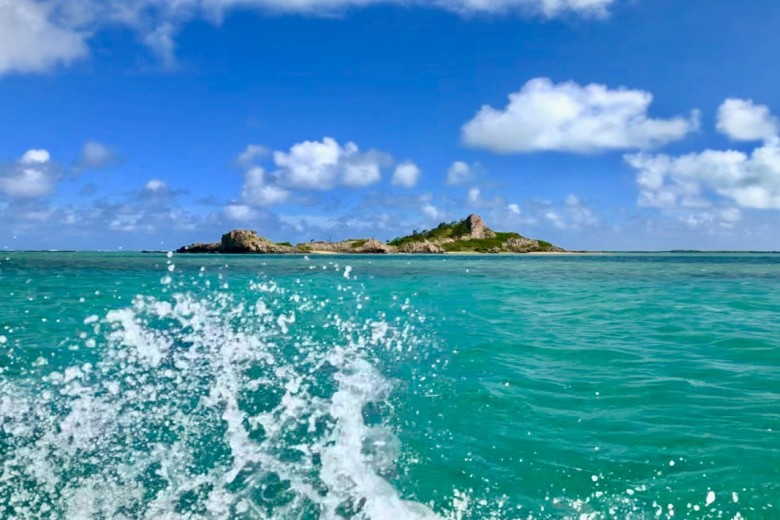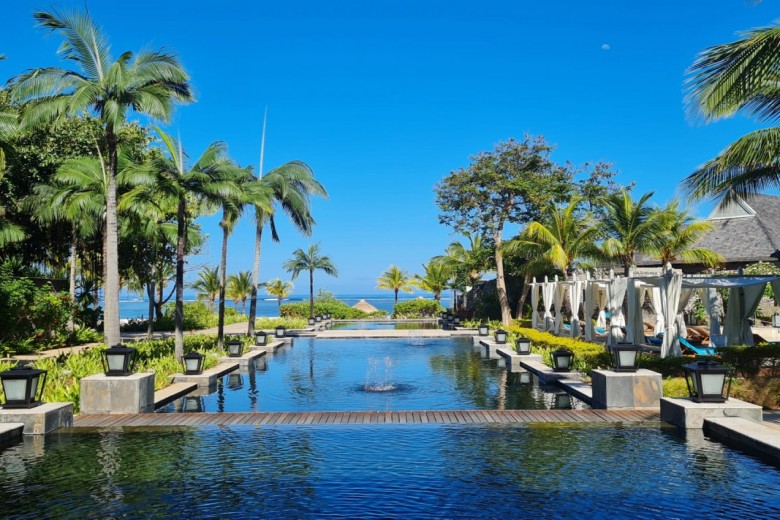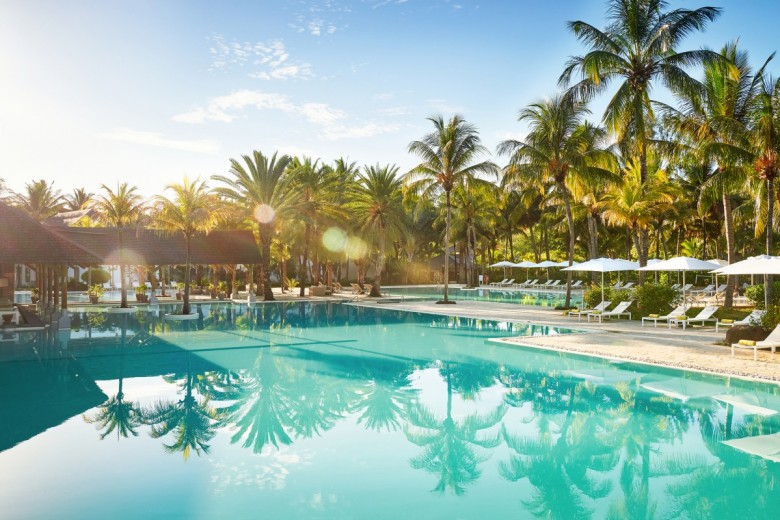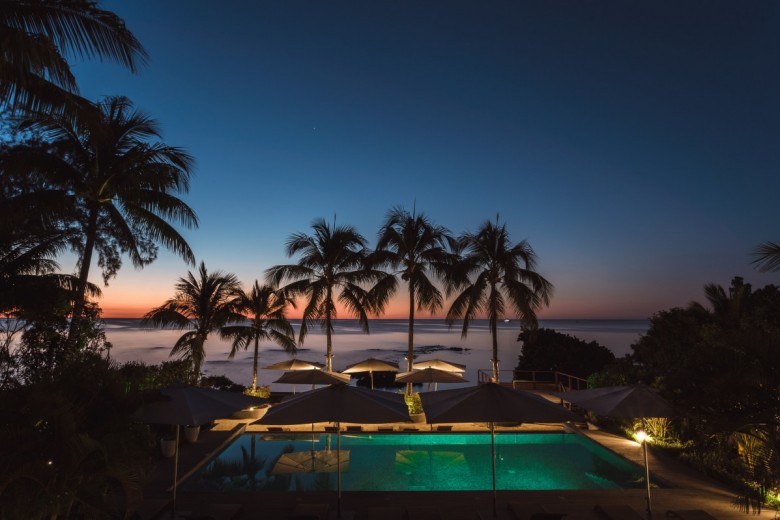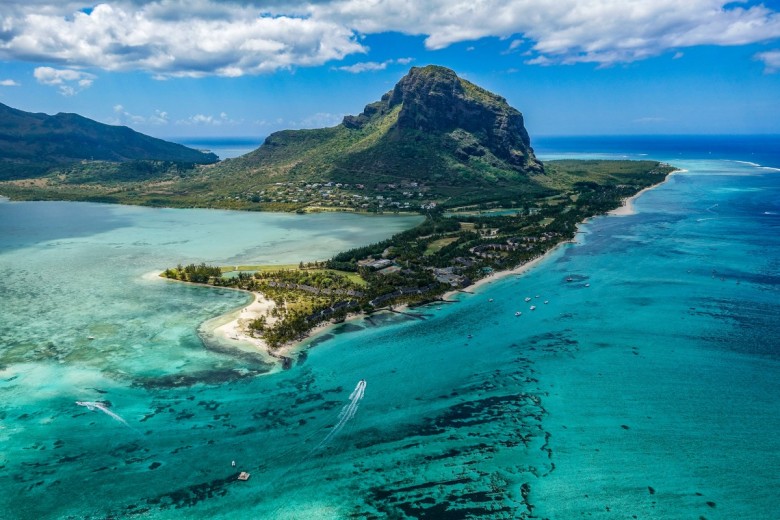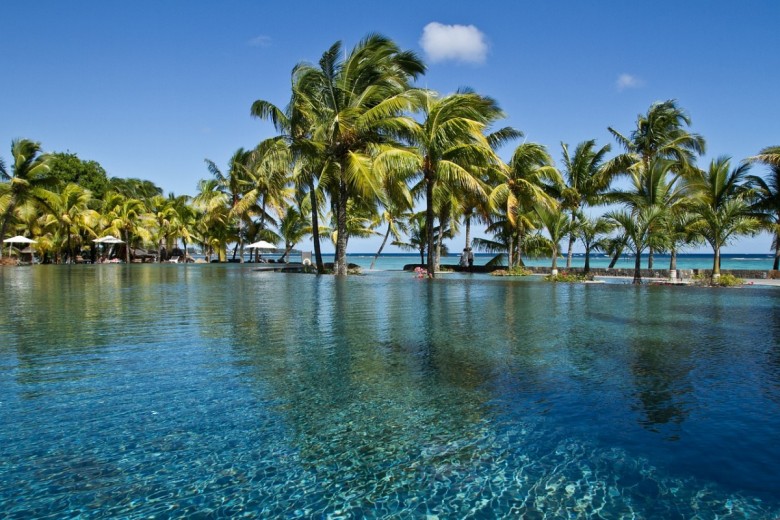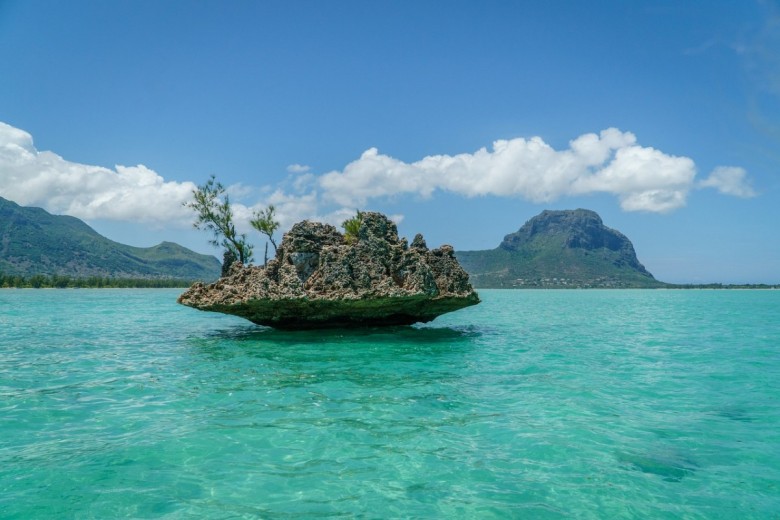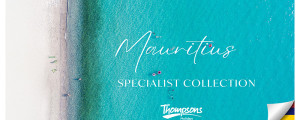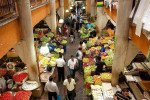Mauritius Currency: All you need to know about money and the cost of things in Mauritius
Planning a Mauritius trip? Get the key currency tips and money advice every South African traveller needs.
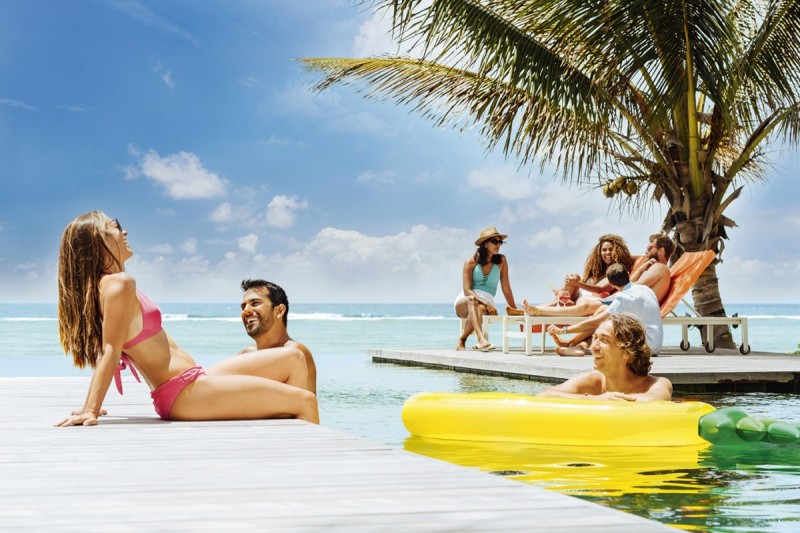
If you’ve planned your Mauritius holiday to a T – right down to picking the perfect resort and packing all the essentials – there’s one more box to tick: money matters. What’s the Mauritius currency? What’s the exchange rate to the Rand? And how much spending money do you really need?
Key Takeouts
- Mauritius uses the Mauritian Rupee (MUR): South African Rands aren’t accepted, so plan to exchange or withdraw local currency.
- Cash is essential: Especially for markets, tips, and local shops. Have small notes and coins ready.
- Watch out for card fees: SA bank cards may charge international transaction fees; check before you go.
- All-inclusive saves you money: with meals and activities covered, you’ll only need cash for extras.
Mauritius Currency 101
Mauritius uses the Mauritian Rupee (MUR). You’ll come across coins in 5, 20, and 50 cents, and notes in 25, 50, 100, 200, 500, 1000, and 2000 denominations. You can’t use South African Rands in Mauritius, so you’ll need to exchange them either before your trip or as soon as you land.
Top Tips for Managing Your Money in Mauritius
- Pre-book your currency: While it’s true that Mauritian Rupees aren’t widely available in South Africa, some travellers recommend pre-ordering currency through a forex provider to collect before you fly. It saves you from queuing at the airport and gets your holiday off to a smoother start.
- Exchange at the airport if needed: If you haven’t pre-booked, don’t stress – there’s a Bureau de Change in the arrivals hall at the airport where you can convert your Rand to Rupees. There’s also an ATM available if you’d rather withdraw Rupees using your bank card.
- Don’t wait to draw cash: While many hotels and restaurants accept MasterCard and Visa, cash is still king in a lot of situations. Markets, beach vendors, taxi drivers, and smaller local shops often prefer – or only take – cash. Get some Rupees early to avoid missing out on spontaneous moments (like a cold coconut on the beach!).
- Understand your card’s international charges: Many South African travellers swipe cards overseas without realising they’re being charged international transaction fees – typically around 1.5% to 3.5% per transaction. Let your bank know you’re travelling and check if your card offers free use abroad. Use your card for bigger purchases and keep cash for local buys. It’s also smart to travel with a backup card, just in case.
- Hotels usually offer exchange: Most resorts will let you exchange small amounts of cash at reception, which comes in handy if you run low mid-holiday.
- Know what’s included in your hotel package: One of the best pieces of advice? Get a clear hotel orientation as soon as you arrive. Knowing what’s covered in your stay – whether that’s drinks, snacks, water sports, or spa credits – helps you avoid spending unnecessarily.
- Check the exchange rate before you go: It’s worth doing a quick online search for the current Rand-to-Rupee rate before your departure so you can set a rough spending budget.
So, how much money do you need?
If your trip is all-inclusive (which we highly recommend), your major costs – meals, drinks, and activities – are already covered. That means you’ll mainly need Rupees for extras like souvenirs, market buys, tipping, and the occasional snack when you’re out exploring.
Travelling with kids? It’s useful to keep small notes and coins for ice creams, local treats, or fun extras.
What about tipping in Mauritius?
Tipping isn’t compulsory, but it’s appreciated. In restaurants, a 10% tip is standard if there’s no service charge already added to the bill. For porters, housekeeping, and taxi drivers, a small tip in Rupees goes a long way – especially when you receive great service.
Bringing it home: Duty-free allowance for South Africans
Before flying home, keep in mind that there are limits to what you can bring back duty-free. South African travellers can bring in goods worth up to R5,000 without paying customs duties. This includes gifts, souvenirs, and up to 2 litres of wine per adult. Be sure to check the latest SARS guidelines to avoid any surprises at customs.
And one last tip…
If you have some Rupees left over at the end of your trip, hold onto them – because Mauritius has a way of pulling you back for round two.
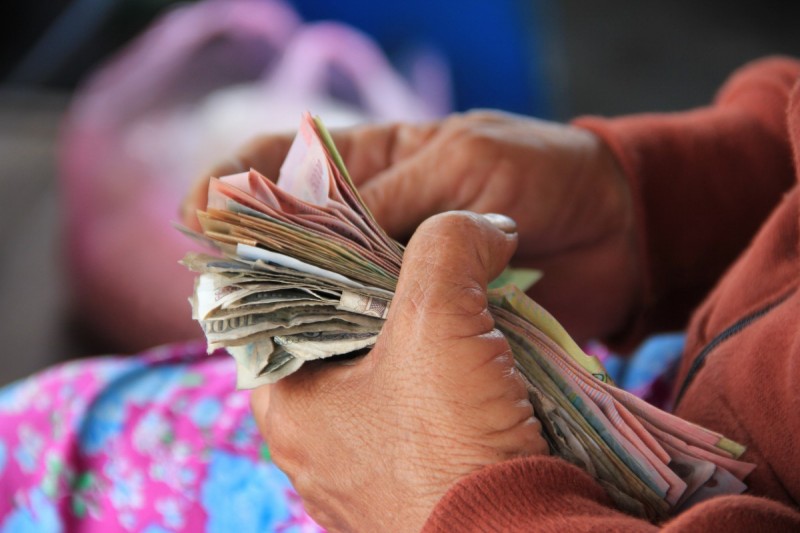
Let’s book your trip
Ready to go? Thompsons has the insider knowledge to help you pick the best resort for your needs – whether you want action-packed fun, a family-friendly getaway, or total relaxation. We’ll guide you every step of the way, from flights to transfers, and of course, help you budget like a pro.
Start planning your Mauritius holiday with Thompsons today.
